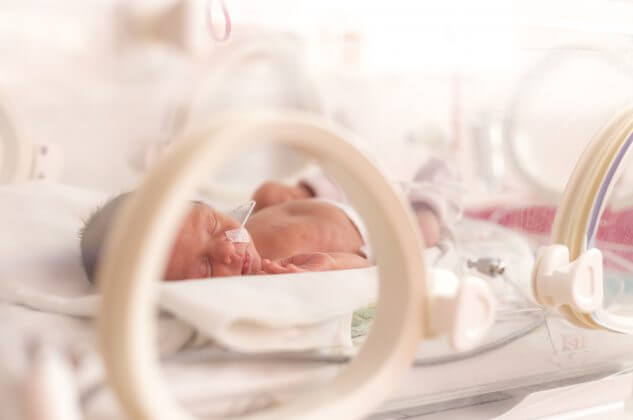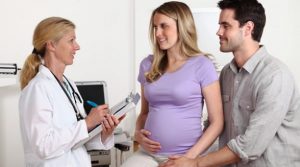
12 July 2019
It is estimated that 1 in 400 babies in the UK have a type of cerebral palsy and that there may be as many as 1,700 new cases of cerebral palsy each year.
Not all of these cases of cerebral palsy will be due to medical negligence but a proportion of these children will have suffered avoidable injuries due to failings in the medical care received.
Babies’ brains are very fragile and can be easily damaged before, during and shortly after childbirth. The damage can be caused by the brain being starved of oxygen, a bleed within the baby’s brain, a premature or difficult birth or the mother suffering an infection whilst pregnant which is passed to the unborn child. Sometimes the damage will be temporary and the brain will recover but in other cases, permanent damage can be caused.
There may very well be circumstances where parents of children with cerebral palsy do not realise that their child’s injuries have been negligently caused and it is for this reason that it is important to investigate the circumstances of how the cerebral palsy occurred.

There are different types of cerebral palsy and it affects each suffer differently in respect of the specific symptoms and also the severity of the symptoms. The symptoms are often not obvious initially and it can take maybe 2 or 3 years for symptoms to be noticeable.
Symptoms can include:
- delays in reaching development milestones – for example, not sitting by eight months or not walking by 18 months
- seeming too stiff or too floppy
- weak arms or legs
- fidgety, jerky or clumsy movements
- random, uncontrolled movements
- walking on tip-toes
- speech difficulties
- swallowing difficulties
- learning difficulties
There is no cure for cerebral palsy and so its effects will be lifelong. There are however a number of types of treatment that can help with managing the symptoms and maximising independence and quality of life. These include physiotherapy, speech and language therapy and even operations.


If you would like assistance with investigating how your child’s cerebral palsy occurred, please contact our experienced Medical Negligence team on 01482 323697 or one of our expert Solicitors Sarah Jackson on sarah.jackson@williamsons.co.uk. You can also use the form below.


